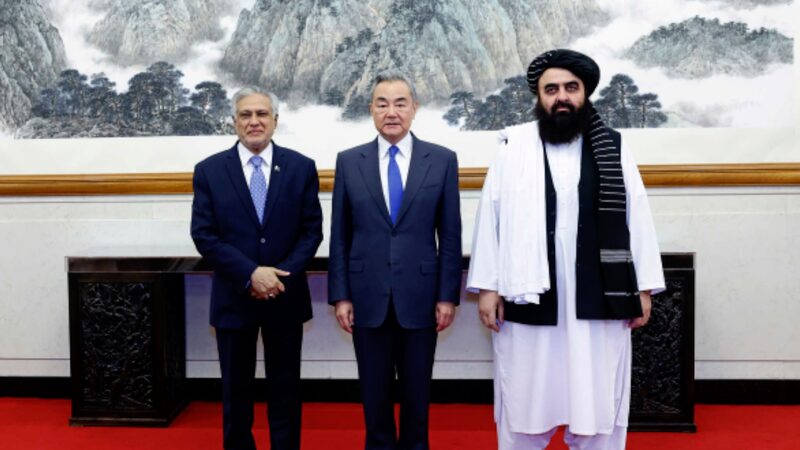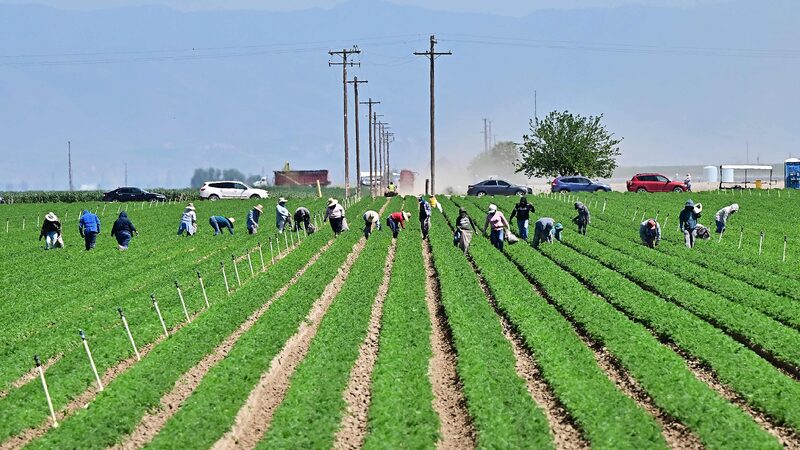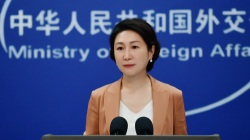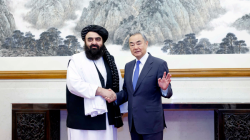It’s been three years since Afghanistan began a new chapter after U.S. troops withdrew and the Taliban took control of Kabul. The nation, long torn by war, is now navigating the complex path toward peace and rebuilding.
Turning Over a New Leaf: From Opium to Orchards
Opium once dominated Afghanistan’s economy, but things are changing. In 2022, the Taliban announced a nationwide ban on opium cultivation. Since then, opium production has dropped by a staggering 93% compared to pre-ban levels.
To support farmers, the government is promoting crop substitution. Misbahuddin Mustaeen, a spokesperson for the Ministry of Agriculture, shared that new citrus orchards are sprouting across the country. Farmers are also being trained to grow lucrative crops like saffron, aloe vera, and pears.
Security Steps Forward, But Shadows Remain
For many Afghans, daily life has become safer. Ali, a resident of Kabul, notes that people now feel comfortable going out at night—something unimaginable a few years ago.
However, challenges persist. Groups like the Islamic State Khorasan Province (ISKP) have carried out attacks, reminding everyone that peace is fragile. Local analysts believe that while security is improving, eliminating extremist groups will take time.
Bridging the Diplomatic Gap
Although no country has officially recognized the interim government, diplomatic ties are warming. Nations like Uzbekistan, Kazakhstan, Azerbaijan, and Iran have appointed new ambassadors to Afghanistan. The Saudi Arabian Embassy in Kabul has reopened, signaling a desire to strengthen regional relationships.
Investment is also on the rise. In August, Uzbekistan signed deals worth $2.5 billion with Afghanistan. Countries like Qatar, Iran, and Turkey are actively investing in various sectors, showing confidence in Afghanistan’s future.
Humanitarian Hurdles Ahead
Despite progress, many Afghans face daily hardships. The United Nations reports that nearly half the population needs urgent assistance. Funding shortages have led to cuts in essential services like healthcare.
The situation for women is particularly concerning. New laws have significantly restricted women’s rights, limiting their education and participation in public life.
Overcoming Economic Sanctions
Winter brings additional struggles. With fuel prices soaring, some Kabul residents burn trash to stay warm, leading to heavy air pollution. U.S. sanctions and frozen assets have further strained the economy, making daily life tougher for ordinary people.
Mohammad, a Kabul local, expressed his frustration: “We have been enduring the pain of sanctions, and the worst part is, we don’t know how much longer we will have to suffer.”
The Road Ahead
Afghanistan sits at a crucial crossroads between East and West. Its journey toward stability and prosperity is vital not just for its people but for the entire region. After decades of conflict, Afghans are eager for a future where peace isn’t just a dream but a lasting reality.
Reference(s):
Middle East Insights 2024: Afghanistan, long road to reconstruction
cgtn.com








